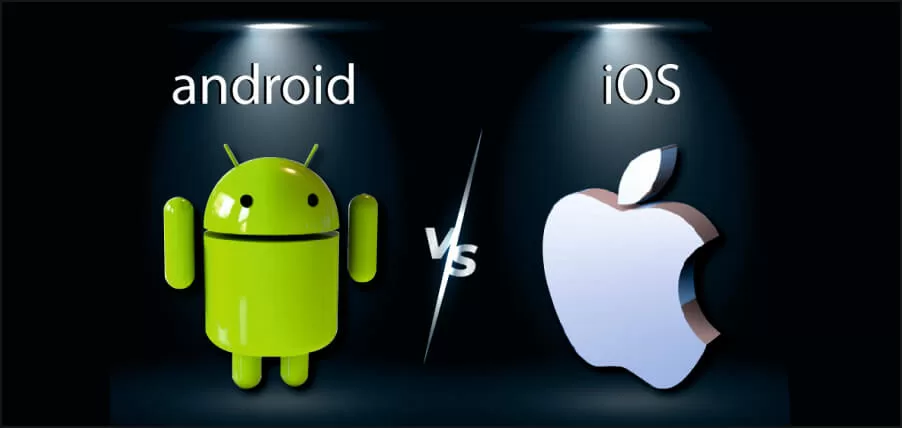Despite what your tech-savvy cousin may suggest about some new Linux-based operating system that can be installed on your phone, as a regular phone user, your choices for phone operating systems are essentially limited to iOS or Android. The iOS vs. Android debate is an unending one to settle the score. Let’s
compare iOS and Android using five key criteria: optimisation, user experience, futureproofing, features, and security.
OPTIMISATION
Let’s address the elephant in the room – iOS (Apple phones) is unparalleled in optimisation. None of the over 100 phone brands primarily using Android can match iOS in this regard. When you use Snapchat to record videos on your Android phone and the audio and video aren’t in sync, that’s an optimisation flaw. Your phone hanging, lagging, or force-closing apps is often due to poor optimisation. These are issues that are rarely found on iOS devices. Even older Apple devices remain relatively snappy. Apple has an advantage in that it’s easier for developers to optimise apps for iOS devices since the manufacturer handles both hardware and software and releases a limited number of phones each year. On the other hand, Android phone makers have many different devices and configurations to consider, making optimisation more challenging.
USER EXPERIENCE
User experience is subjective and varies significantly depending on the user’s needs. Android and iOS approaches to user experience are substantially different. Apple’s closed-wall approach means that customisation is an afterthought; the devices are designed to work out of the box. On the other hand, Android provides more customisation options, allowing users to personalise their devices to a greater extent. However, this can result in a more complex and potentially confusing experience for some users.
FUTUREPROOFING
iOS devices tend to have a more extended lifespan compared to Android devices. Apple typically provides support and updates for their devices for several years after their release. This means that even older iOS devices can continue to receive software updates, improving their performance and security. On the other hand, Android devices typically receive fewer software updates and support, making them more vulnerable to security threats and potentially reducing their lifespan.
FEATURES
IOS and Android have a vast array of features, but they differ in how they are implemented. Apple typically releases new features with each major software update, while Android provides more frequent updates introducing new features and improvements. However, because of the fragmented nature of the Android ecosystem, not all devices receive these updates, leading to compatibility issues.
SECURITY
iOS devices are generally considered to be more secure than Android devices. Apple has strict rules regarding app distribution, and their closed-wall approach limits the possibility of malicious software making its way onto their devices. In contrast, Android has a more open approach to app distribution, making it easier for malicious software to find its way onto devices. However, Google has implemented several security features and updates over the years, making Android devices more secure than they used to be.
In conclusion, both iOS and Android have their strengths and weaknesses. Ultimately, the best choice depends on your individual needs and preferences. If you value optimisation and security, iOS may be the way to go. However, if you prefer more customisation options and frequent updates, then Android may be a better fit.
Which team are you on? Team Android or Team iOS? Tell us in the comment section.




